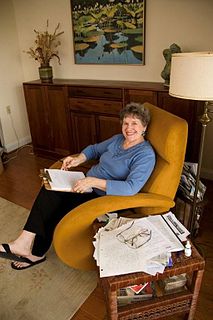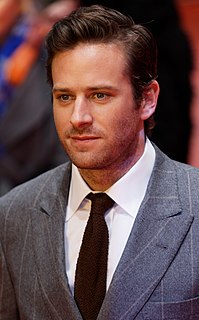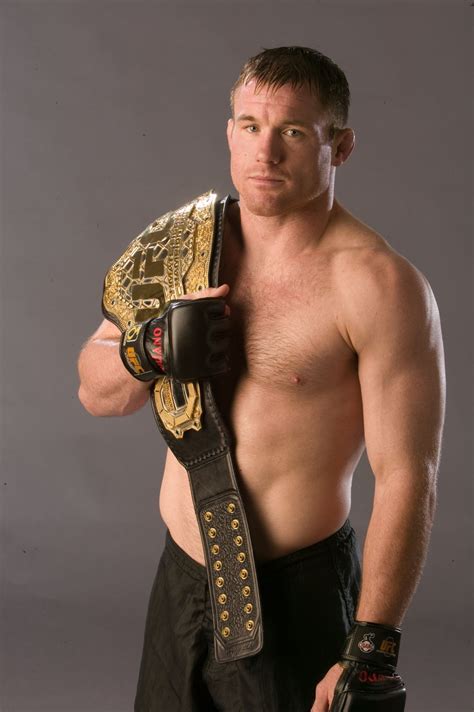A Quote by Phyllis Reynolds Naylor
The first draft is just a skeleton-just bare bones. It's like the very first rehearsal of a play, where the director moves the actors around mechanically to get a feel of the action.
Related Quotes
Almost all good writing begins with terrible first efforts. You need to start somewhere. Start by getting something-anything-down on paper. A friend of mine says that the first draft is the down draft-you just get it down. The second draft is the up draft-you fix it up. You try to say what you have to say more accurately. And the third draft is the dental draft, where you check every tooth, to see if it's loose or cramped or decayed, or even, God help us, healthy.
I've definitely had a bunch of action scripts sent to me, but again I'm a stickler for directors. If it's, like, an action flick with a great director, then it's like, 'Oh let's look at this thing,' but if it's just like a shoot-em'-up with a first time director, I don't know if that's the trajectory I want to take with what I'm doing.
Yeah, I mean I've definitely had a bunch of action scripts sent to me, but again I'm a stickler for directors. If it's like an action flick with a great director then it's like 'Oh let's look at this thing,' but if it's just like a shoot-em'-up with a first time director. I don't know if that's the trajectory I want to take with what I'm doing.
I find it rather tedious working with some actors who have to go into a corner and bounce up and down, shake their hands and arms, saying to the director, "Just a second - I'll be ready in a few minutes, " while all the other actors are waiting around to get in. Then they say, "OK! I'm ready now." And then they come on and do it exactly the same way they've done it in rehearsal.
Every first draft sucks, so when you have your favorite novel, and you're like, 'Wow, this is a masterpiece,' and then you write your first draft, and you're like, 'This is really bad,' and then you're like 'I can't do this because this is nowhere close.' When, in reality, the book you loved so much started out just as crappy.
I just think there are a lot of celebrities who don't feel that they have a voice. A lot of actors come from a place of fear, and that's just a general statement about actors. You're terrified the casting director won't like you, you're terrified the producer won't like you, you're terrified the director won't like you, and on and on.
If I think back to every rehearsal process for every play I've ever worked on, there's just so much crying at home. I barely sleep. There are moments of deep despair and anxiety, and then there are moments in rehearsal that are the most exhilarating; feeling seen and seeing everybody. Feeling like you have a purpose on the planet. A huge part of the process I enjoy is watching the actors figuring out what they can handle and what they can take and what they need from the director and me.





































